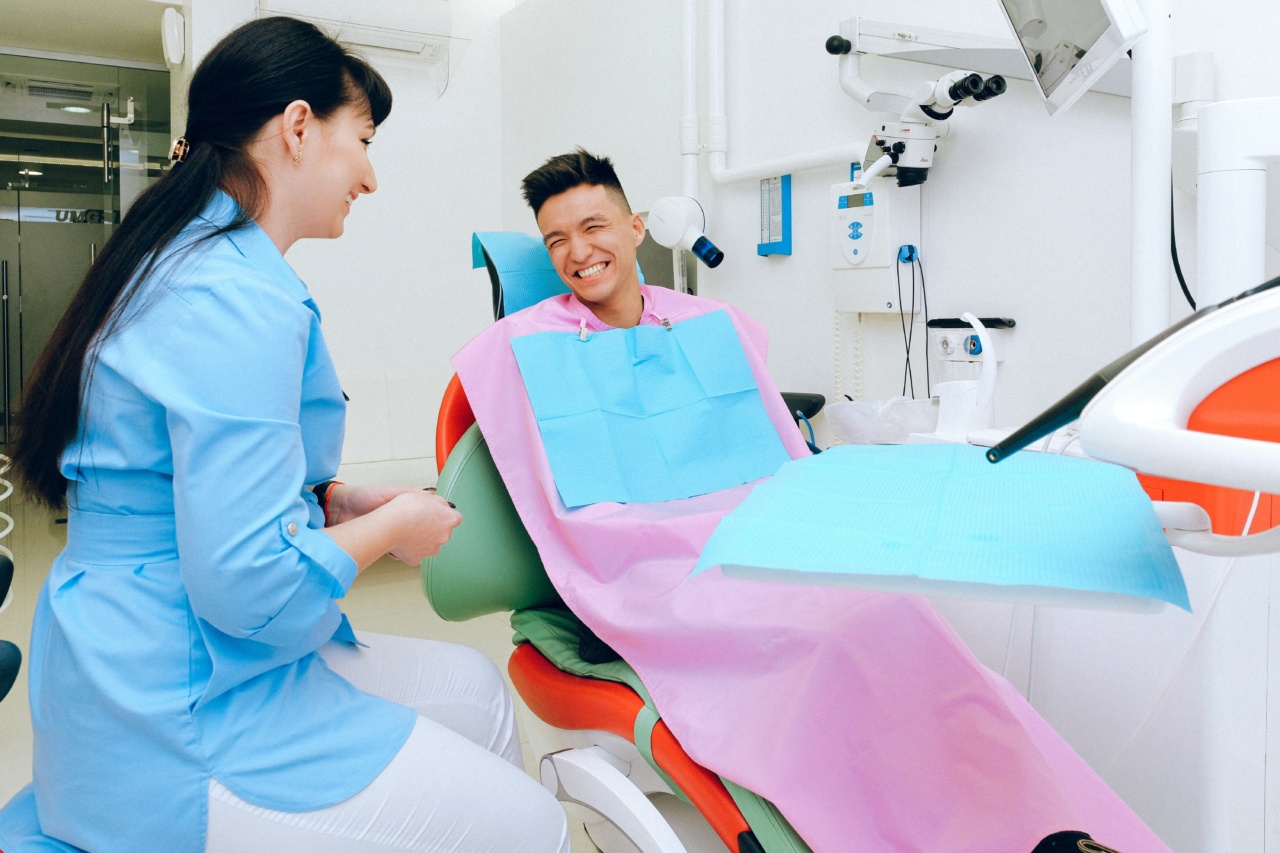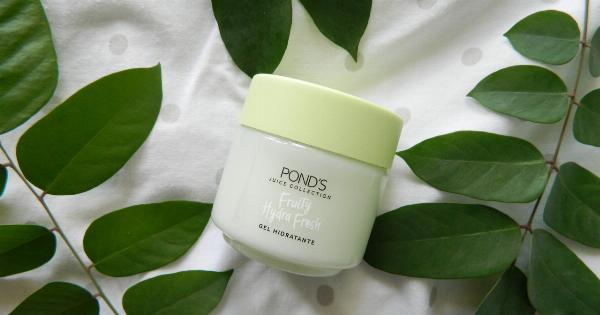When it comes to taking off makeup, there are a lot of opinions out there. From makeup wipes to oil cleansers, it can be hard to know what’s best for your skin.
That’s why we turned to the experts – dermatologists – to get their advice on the best ways to remove makeup. Here are their top tips:.
1. Start with a gentle cleanser
Before you reach for any makeup removal products, it’s important to start with a gentle cleanser. This will help to remove any dirt or oil on your skin and prep it for makeup removal.
Look for a cleanser that is fragrance-free and has a mild formula. You can use a foaming cleanser or a creamy one, depending on your skin type.
2. Use micellar water for easy makeup removal
Micellar water is a gentle and effective way to remove makeup, especially if you’re in a hurry. It’s a clear liquid that contains micelles, which are tiny oil molecules that attract dirt, oil, and makeup.
All you need to do is soak a cotton pad in micellar water and swipe it all over your face. You don’t even need to rinse it off. Dermatologists recommend using a fragrance-free micellar water to avoid irritation.
3. Oil cleansers are great for removing heavy makeup
If you wear heavy or waterproof makeup, an oil cleanser might be your best bet for removing it. Oil cleansers can dissolve makeup and grime without stripping your skin of its natural oils. You can use a traditional oil cleanser or a cleansing balm.
Scoop out a small amount of product and massage it all over your face, paying special attention to your eye area. Rinse it off with warm water and follow up with a gentle cleanser.
4. Avoid using makeup wipes
Makeup wipes may seem like a convenient way to remove makeup, but they can be harsh on your skin. Most wipes contain alcohol and other irritants that can cause dryness, redness, and even breakouts.
They also leave a residue on your skin that can clog your pores and lead to more breakouts. If you must use wipes, look for ones that are fragrance-free and gentle.
5. Don’t forget to remove eye makeup
Eye makeup can be especially stubborn to remove, but it’s important to get it all off to avoid irritation and infection. You can use an oil cleanser or micellar water to remove eye makeup, or you can use a specialized eye makeup remover.
Look for one that is gentle and specifically designed for the delicate skin around your eyes.
6. Always follow up with a gentle cleanser
After you’ve removed your makeup, it’s important to follow up with a gentle cleanser. This will ensure that any leftover dirt or makeup is removed and your skin is thoroughly cleaned.
Look for a gentle cleanser that is free of harsh ingredients like sulfates or fragrances.
7. Be gentle with your skin
When removing makeup, it’s important to be gentle with your skin. Don’t scrub too hard or tug at your skin. This can cause irritation, redness, and even wrinkles.
Use light, circular motions when massaging your cleanser or makeup remover onto your skin.
8. Don’t forget to moisturize
After you’ve removed your makeup and cleansed your skin, it’s important to moisturize. This will help to nourish and hydrate your skin, preventing dryness and irritation.
Look for a moisturizer that is suitable for your skin type and free of harsh ingredients.
9. Wash your face twice a day
Even if you don’t wear makeup, it’s important to wash your face twice a day – once in the morning and once before bed. This will help to keep your skin clean and healthy. Use a gentle cleanser and follow up with a moisturizer.
10. Know your skin type
Everyone’s skin is different, so it’s important to know your skin type when choosing a makeup remover or cleanser. If you have oily skin, you might prefer a foaming cleanser or micellar water.
If you have dry skin, an oil cleanser or cleansing balm might be better. If you’re unsure about your skin type, consult with a dermatologist.




























